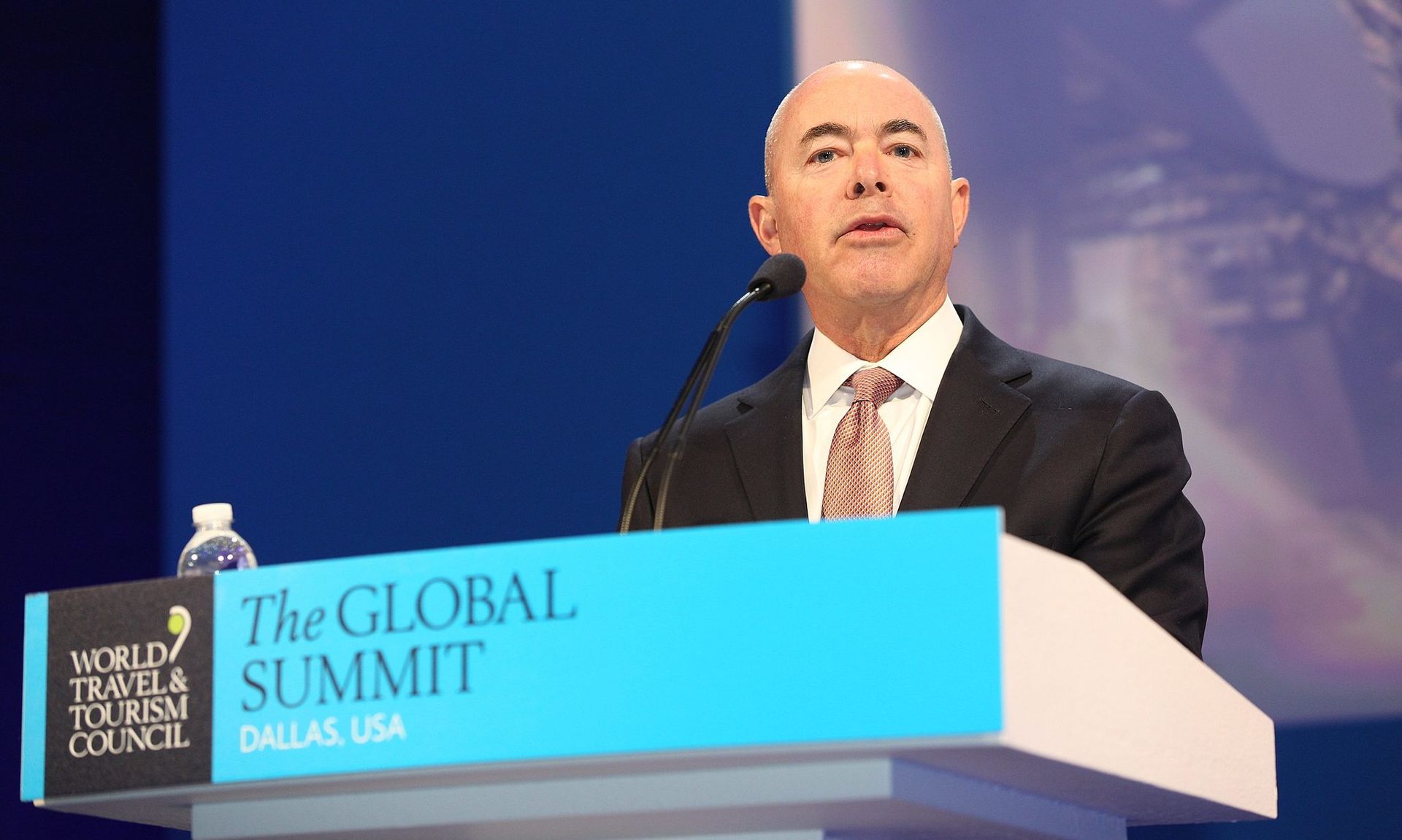President-elect Joe Biden Monday nominated Alejandro Mayorkas as his secretary of Homeland Security, a move that drew quick praise from information security experts who think the nominee’s prior experience may portend a focus on digital protection and resilience.
Mayorkas, a former U.S. attorney and former deputy secretary of Homeland Security, is a known commodity in cybersecurity quarters, having worked on several key components of cyber policy, including threat information sharing, during his run in the Obama administration.
“Alejandro Mayorkas is a worthy candidate to lead DHS as he possesses deep insight on national cybersecurity strategy and policy through his tenure as deputy Secretary,” wrote Rep. Jim Langevin, D-R.I., in an email to SC Media. “Thanks to Mayorkas’s extensive legal background and expertise in information sharing, he will be ready to confront our nation’s cyber adversaries on day one.”
Since most of the infrastructure DHS is tasked with defending is owned by the private sector, the priorities of the secretary of Homeland Security, as well as the secretary’s style in working with outside partners, are critical for the private sector.
During his time in DHS, Mayorkas was an evangelist of threat sharing at every level in the United States and even globally. In Israel, in 2016, he said this: “The cybersecurity threat is, of course, borderless. So, just as we proselytize the sharing of information domestically, we proselytize it in the international arena as well. And information must be shared between and amongst countries through the computer emergency response teams in CERT-to-CERT relationships and otherwise.”
But that speech also provided some insight into the challenges he sees in DHS’s often fraught relationships with industry.
“The Department of Homeland Security has been placed in the point position – the tip of the spear if you will – on behalf of the federal government, not only to drive the security of federal government departments and agencies throughout the administration, but critically to be the point in a public-private partnership to ensure that the federal government and the private sector [are] working together to address a challenge that confronts us both,” he said. To accomplish that, Mayorkas emphasized the importance of providing a tangible benefit for the industrial groups that work with DHS.
Mayorkas presents a contrast to the DHS of the past four years. Under President Donald Trump, DHS increased its focus on border protection, illegal immigration and thwarting protests. Trump raised the profile of the U.S. Immigration and Customs Enforcement (ICE) agency within DHS, even though the department's original aim was to act as an emergency resilience and preparedness agency.
Mayorkas, meanwhile, was the architect of the Deferred Action for Childhood Arrivals (DACA) program that relaxed immigration enforcement against children who grew up in the United States. He is an immigrant himself, having been born in Cuba.
Mayorkas would become the first former DHS official to be confirmed as secretary of DHS. That is not entirely surprising; the agency only dates back to 2003. But that continuity with the agency’s past is being interpreted by federal employees as a sign of stability after a turbulent period, one which just saw the firing of the popular head of CISA, Chris Krebs.
“There’s been a sigh of relief,” said Anthony Ferrante, former White House National Security Council, director of cyber incident response and current global head of cybersecurity at FTI consulting.
Ferrante worked with Mayorkas on Presidential Policy Directive 41 – the directive that separated the responsibilities of different agencies over cybersecurity concerns. DHS, for example, is in charge of cyber resiliency, while the FBI takes on investigations.
Ferrante said Mayorkas has an uncommon ability to create working relationships with other stakeholders. With PPD 41, Mayorkas’s team did the final revisions on the directive and “took it over the goal line” with the president. It was a situation where Mayorkas could have prioritized DHS’s goals and minimized those of the other agencies. But he didn’t.
“He wanted to sit with staff and understand their thinking,” said Ferrante. And that, said Ferrante, is something CISOs and other outside stakeholders should know about a potential Mayorkas DHS. “One thing I remember about Ali is he is a people person. You can tell; I’m calling him Ali. That’s the kind of person he is.”
“Ali is a strong choice. I couldn’t be more pleased with Biden’s decision, both for the Department of Homeland Security and really all cybersecurity from the federal level.”




